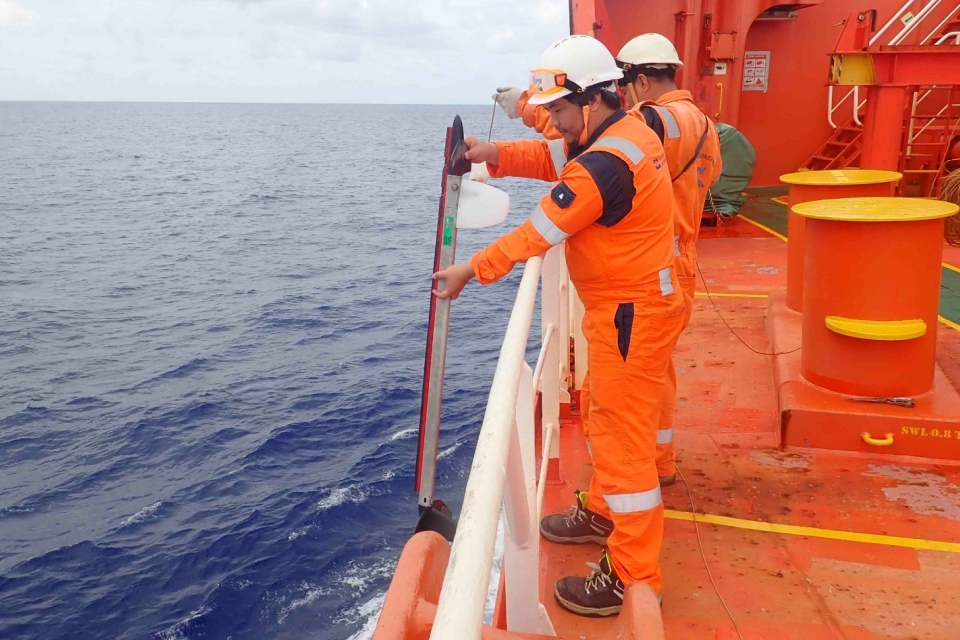Shipshave has won an award for its in-transit cleaning of hulls (ITCH) solution. It consists of a robotic tool that removes biofouling during the voyage to boost fuel efficiency and decarbonisation.
It landed Shipshave the Most Innovative Proven Technology Award at the Singapore Norway Innovation Conference (SNIC) 2023 that is hosted annually in the Lion City by the Norwegian Business Association Singapore (NBAS).
Shipshave earned the accolade for having ‘the most innovative commercial-ready and implementable solutions or products proven to impact the maritime industry through improving operational efficiency, sustainability or decarbonisation,’ according to the award citation.
Proactive cleaning of the vessel to prevent fouling, which increases viscous resistance and vessel drag in the water, results in better hull performance due to improved hydrodynamics that cuts fuel use. According to the IMO’s GloFouling report, well maintained hulls can contribute to a five to 25 per cent reduction in GHG emissions.
Also read: MSC buys hull cleaning robot for 14,000 TEU container ship
Semi-autonomous hull-cleaning robot
Shipshave’s ITCH solution is a semi-autonomous hull-cleaning robot that can be deployed by the crew from a portable winch mounted on the forecastle deck. Development of the solution was supported by funding from Innovation Norway and the Norwegian Research Council.
The robotic tool harvests propulsion energy to stay attached to the hull and swipe up and down the hull underwater using soft brushes. An integrated video camera on the device enables real-time monitoring of the hull cleaning process and post-cleaning inspection via the ITCH digital application.
It is estimated the technology can clean between eighty and ninety per cent of the parallel/vertical area of a handysize bulker’s hull during sailing in a five-hour operation, with typical opex of less than USD 250 per cleaning. A fuel consumption assessment conducted by DNV found that Shipshave’s technology can deliver fuel savings of around ten per cent when used regularly.
Also read: Fleet Cleaner expands fleet and now cleans hulls with ROVs controlled from Delft
Stolt, Klaveness and Teekay
The technology, initially trialled in 2019, is now being implemented in fleet operations by several major industry players following successful testing on a number of vessels.
Stolt Tankers reported a marked reduction in fuel consumption following an initial trial of ITCH on its vessel Stolt Acer during a voyage from Port Said, Egypt to Algeciras, Spain, and has expanded trials of the solution to five more ships.
Klaveness Combination Carriers is expanding roll-out of the robots across its fleet with five additional units after pilots on four vessels showed fuel efficiency improvements of between two to five per cent. Furthermore, Teekay Tankers plans to install Shipshave on four more vessels this year after a successful trial.
Picture: Shipshave ITCH enables proactive cleaning of the hull during a voyage using a robotic tool deployed from the deck by the crew (picture by Shipshave).
Also read: Heesen applies Finsulate antifouling on superyacht








